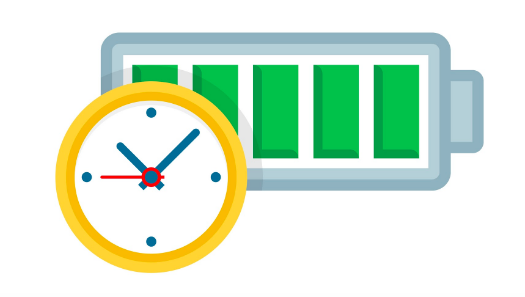20 seconds. That’s how quickly some people can infiltrate your IT security. Strengthening your IT security is vital these days. Malicious software and protocols are crawling all over the web. Internet plans, like Frontier Internet Plans, offer security protocols to businesses. While these are enough for some, most businesses prefer to take further precautions.
Strengthening IT security has more benefits than you think. Safeguarding valuable information from damage or theft can improve your efficiency and productivity. Increasing security standards reduce the risk of liability for a company. It also lowers the insurance premium for your company. Sometimes, clients value higher security protocols, in their vendors. Improved productivity can lead to higher rates of customer retention. A survey conducted by Small Biz Trends showed a 5% client retention rate can increase a company’s profit margins between 25% to 95%. Let’s take a look at some of the common security issues faced by companies today.
Most Common Security Issues
We all remember the 2016 Uber incident. Hackers stole the personal data of 57 million riders and forced Uber to pay $100,000 in ransom. NotPetya is another example of a security breach in June 2017. This cyber attack infected around 2000 users. The ransomware demanded payment of $300 per user to restore their files. Companies, like Maersk, who didn’t have protocols in place, were also targeted. They reported losses of more than $200 million as a direct result of the cyber attack. These aren’t one-off incidents. There are countless incidents taking place every day. Agreed, they aren’t as high profile. But do you think it is worth taking the risk for your company?
Let’s identify some of the common security issues faced by companies today:
- Irregular Maintenance of Security Protocols
Hackers are releasing all kinds of new malicious software daily. They find ways to bypass security firewalls and create backdoors to networks. It can get challenging to keep up with all the security updates. A good idea is to set one day a week to update all systems and protocols.
- Bring Your Own Devices to Work
Most companies can’t ask employees not to bring personal devices to the workplace. Most personal devices risk contamination with some sort of malware. Personal use devices are an easy target for malware, due to browsing habits of the average user. Once connected to workplace networks, malware spread across all devices in the network.
- Compromised Security of Devices
User browsing habits, in general, are extremely insecure. As a result, most devices have compromised security. Something as simple as opening a spam email can compromise the security of your device.
- Lapses in Security Systems and Procedures
Security systems are not cheap to install or maintain. The most common reason for outdated or sub-par security systems is the lack of funds. While some companies invest heavily in cybersecurity, most feel it is a luxury. Cheaper alternatives would be to outsource. There are IT security solution providers who can help you stay secure at a reasonable price.
There are two elements for compromised IT security for a business. The first is their systems, which we have gone over. Companies can take precise measures to improve on that. The second, Personnel Security, is a little more difficult to control. Lack of personnel security is a leading cause of security breaches.
Tips to Increase Your IT Security
Here are some tips to help you improve your personnel security in the workplace:
- Surveillance and Monitoring Systems
- Access Control Protocols
- Secured Business Phone Lines
Let’s delve deeper into each solution…
#1. Surveillance and Monitoring Systems
Surveillance systems are the first line of defense. They help against unauthorized access to secure data. If an employee is aware of things like CCTV systems, they will refrain from trying to access server rooms.
You can install other monitoring systems on work devices and shared drives. Employee awareness of monitored activity makes them less likely to take risks. They will avoid downloading/uploading of personal files or visiting risky websites. You are also able to restrict file sharing to portable storage devices like USBs. Taking these measures can greatly increase your company security.
#2. Access Control Protocols
Implementing things like employee key cards are better alternatives to hiring security personnel. You can restrict employee access to certain places, where you store sensitive information. In addition, they allow you to track employee whereabouts.
#3. Secured Business Phone Lines
Today, secured phone like make use of new AI and voice recognition technology. Having an encrypted phone line for your business is an essential security measure. (harrisburgarts.com) End-to-end encrypted calls help businesses maintain privacy. They can also help with implementing personnel security.
With the use of secure phone lines, businesses can track employee calls. They can monitor for security breaches by integrating Voice Recognition with keywords. When the VR software picks up certain keywords, it can flag the conversation. Security personnel can then check flagged conversations and take actions accordingly.
Many businesses make use of secure phone lines for their customer support, like the Cox Customer Support number. But, not as many use it for internal/external calling and monitoring. The technology is capable of adding an additional layer of IT security for the workplace. There are many more security options for businesses. If you are facing a major issue, consult with security solution providers.





